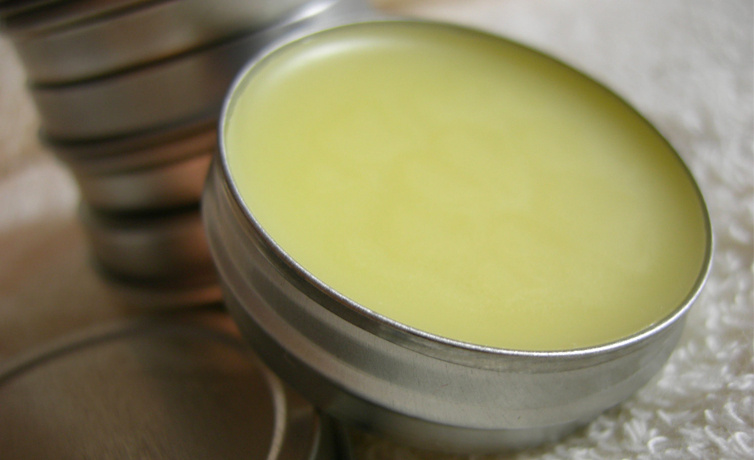Does dental treatment during pregnancy harm the baby?
Dentist Pertev Kökdemir stated that female patients’ anxiety about dentists increases during the pregnancy period, and that with today’s modern dentistry facilities, painless dental treatments can be performed under all conditions and the dental phobia of the patients is gradually decreasing.

Hormonal changes, especially in the first trimester of pregnancy, cause changes in the oral flora. In addition, vomiting caused by nausea increases the contact of teeth with acidic secretions, increasing the formation of dental caries. Some pregnant women may even avoid toothpaste and brush due to the gag reflex. In the gums, edematous and bleeding disorders called “Pregnancy Gingivitis” can be observed due to these changes and poor oral hygiene. As a result, emergency interventions may be required in terms of oral and dental health during pregnancy.
Dt. Pertev Kökdemir said, “Pregnancy may become more stressful due to oral and dental health problems. The most valuable detail to know is that no matter what period of pregnancy, the problem causing pain should be treated as soon as possible and the tension on the mother should be reduced.
Thanks to the local anesthetic devices we use in today’s modern dentistry, painless dental treatment can be done quickly.”
The most suitable period for dental treatment during pregnancy is between the 4th and 6th months.
Dentist Pertev Kökdemir made the following recommendations to protect oral and dental health during pregnancy.
- Mouthwashes suitable for pregnant women or gargle with warm salt water should be done. In particular, warm salt water soothes the gums and reduces gum sensitivity.
- Brushing the teeth with the intention of “my gums are bleeding” should not be avoided.
You can check out our article on truth brushing:
- Effective dental care should be done by brushing and flossing at least twice a day, and plaque accumulation should be roughened.
- Calcium intake should be taken care of.
- The use of painkillers or antibiotics should be done with the advice of a physician.
- Treatments 2nd trimester; ie 4-5-6. should be delayed for months. Non-emergency treatments, which are very valuable in the last 3 months, should be left to postpartum.
- X-ray procedures should be postponed until postpartum.
- After vomiting, oral care should be done, at least the mouth should be rinsed.
- Teeth should be brushed after a certain period of time after eating sweets.




